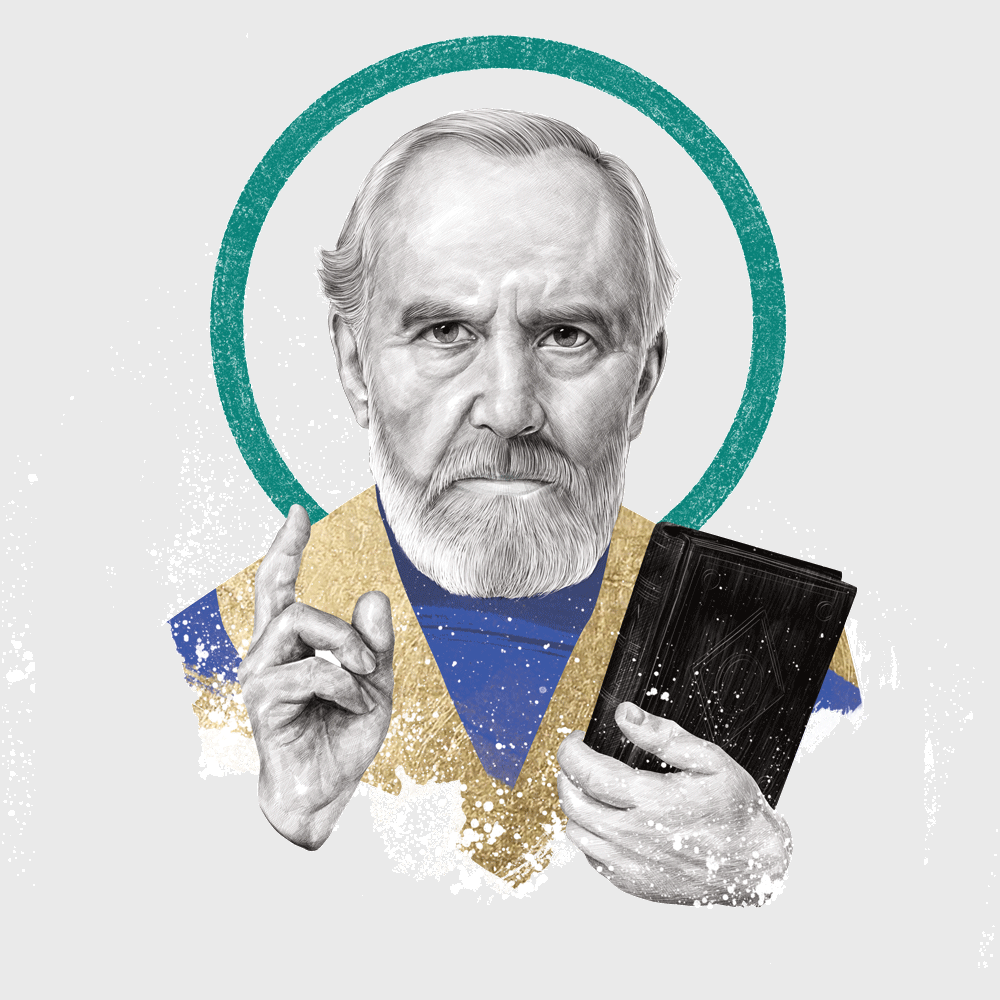Anne Hutchinson
Anne was a key figure in the history of religious freedom in England’s American colonies, as well as a pioneer for women in ministry.
Anne Hutchinson was centuries ahead of her time. In an era when women were confined to working at home, prohibited from owning property, traveling alone and voting, Anne challenged all these barriers and more.
Anne was born in Alford, England, in 1591, the daughter of Francis Marbury, an Anglican minister and schoolteacher. She married her childhood friend, William Hutchinson. The couple was drawn to the preaching of John Cotton, who immigrated to the American colonies in 1633. The Hutchinsons followed suit a year later with their 10 children, residing in the growing settlement of Boston.
Anne developed into a leading voice in a theological controversy that rocked the newly established Massachusetts Bay Colony from 1636 to 1638. Her strong religious convictions were at odds with the established Puritan clergy in the Boston area. Anne’s charismatic popularity created a theological rift that threatened the Puritan religious community throughout the colony. She was eventually tried, convicted and banished from the Massachusetts Bay Colony with many of her supporters.
Hutchinson and her supporters established the settlement in nearby Portsmouth with the encouragement of Roger Williams, the founder of what became the colony of Rhode Island and Providence Plantations. After her husband’s death and threats of Massachusetts taking over Rhode Island, Anne moved into the lands of the Dutch. While five of her older surviving children remained in New England or returned to England, she settled with her younger children near an ancient landmark called Split Rock, in what later became The Bronx in New York City.
Anne was a key figure in the history of religious freedom in England’s American colonies, as well as a pioneer for women in ministry.
In the summer of 1643, Anne’s family was attacked by Siwanoy warriors at their home; fifteen people, including Anne, were axed to death and their bodies burned. In memory of Anne, a parcel of land near her former home was given the name “Anne-Hoeck’s Neck.” The adjacent river was named the Hutchinson River and later joined by a major area highway called the Hutchinson River Parkway. The tribute by the Westchester Parks system notes that “the Hutchinson River Parkway was named after Anne Hutchinson, a Westchester resident and one of the 17th century’s pioneers of religious freedom in the American colonies.”
So What?
Are you courageous with your convictions? Do you follow your heart and speak your mind even when up against seemingly insurmountable odds?



